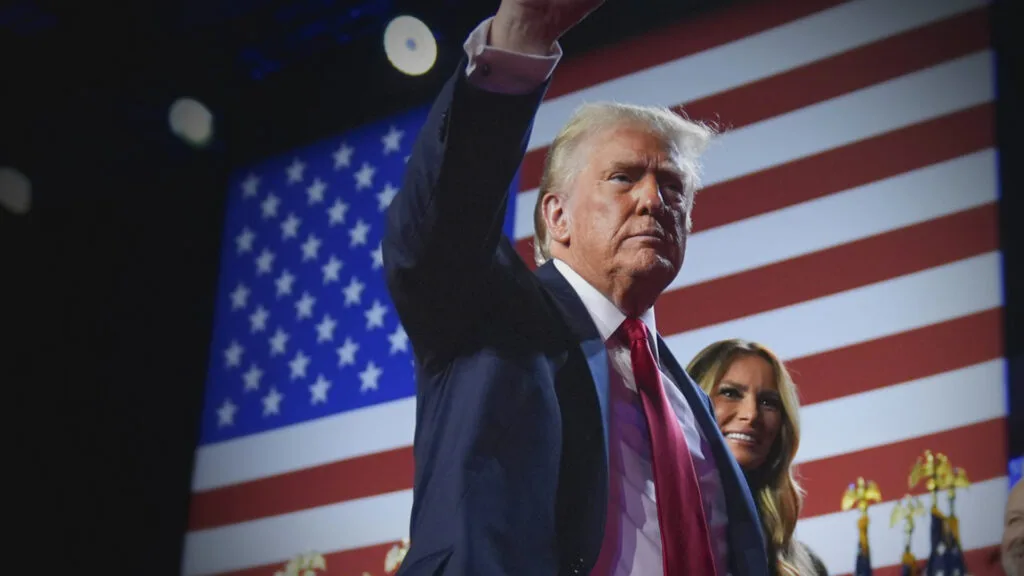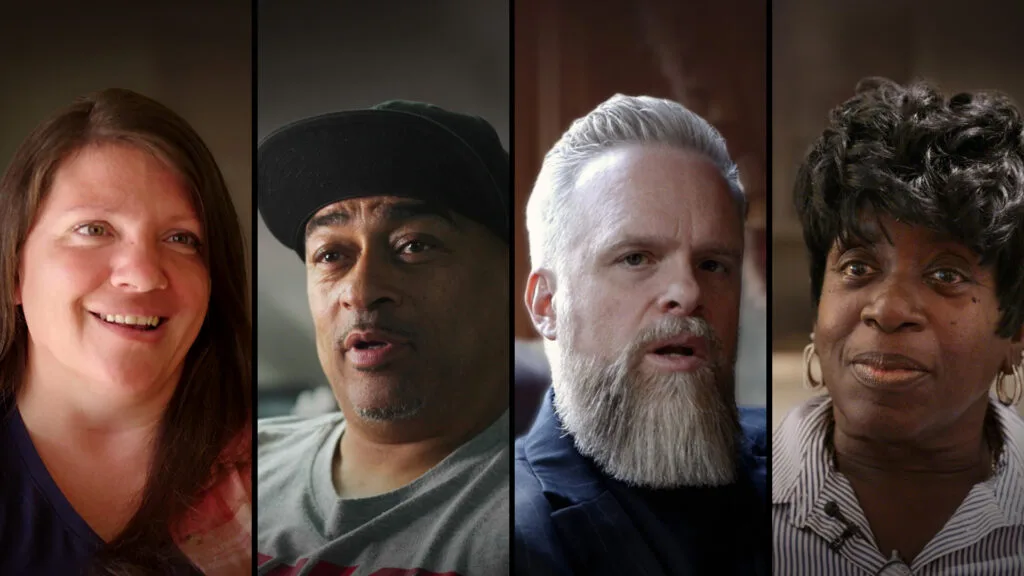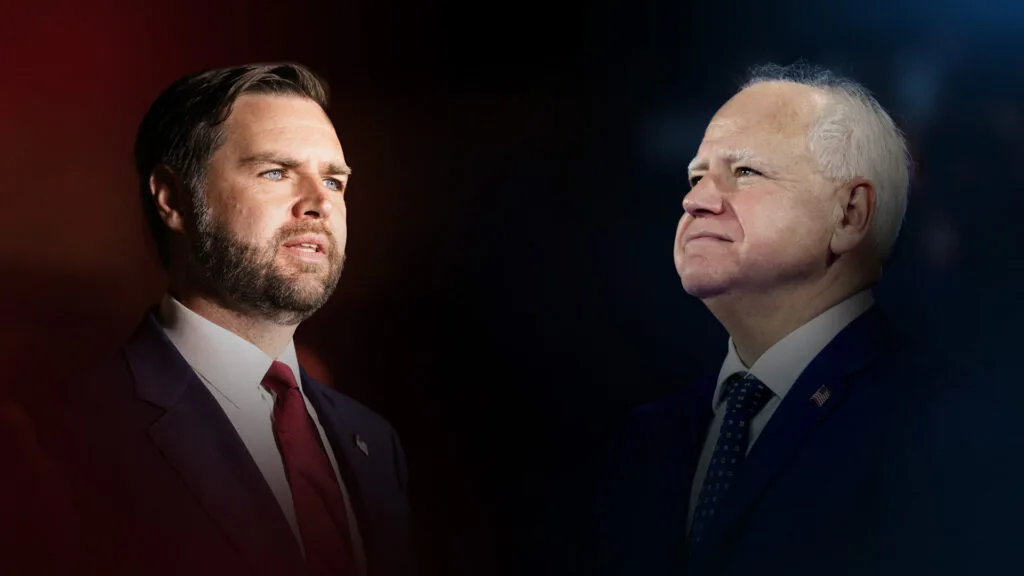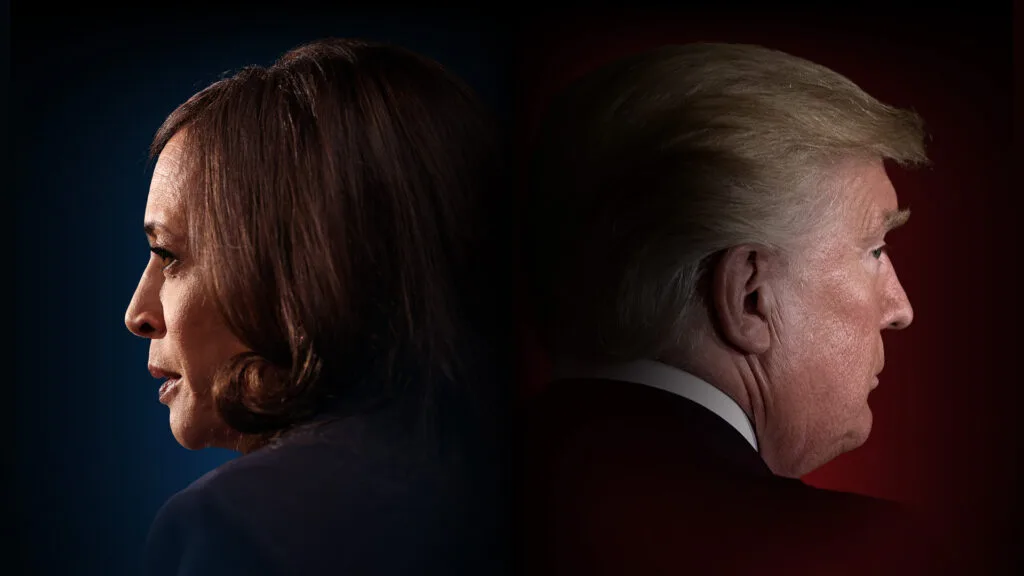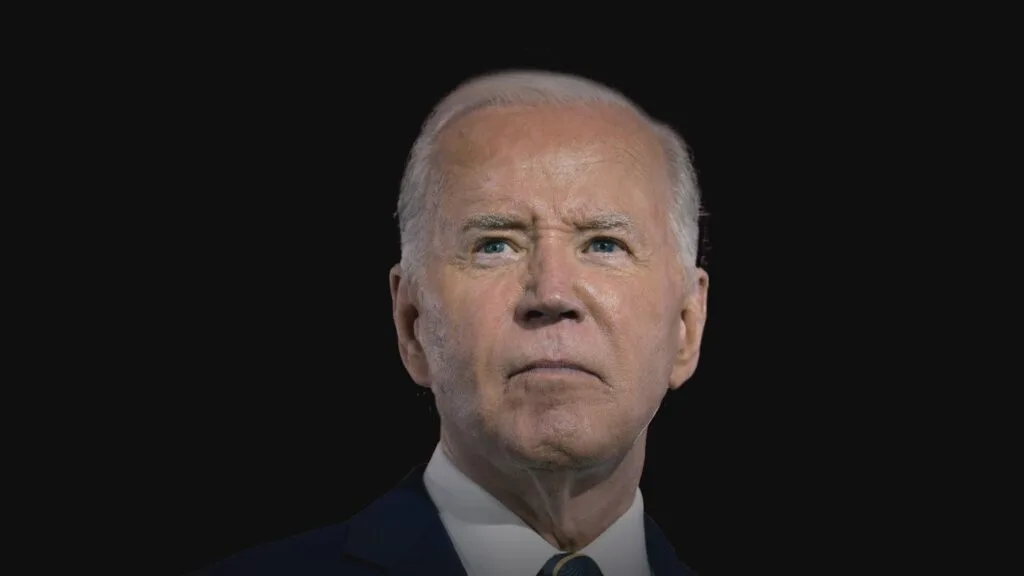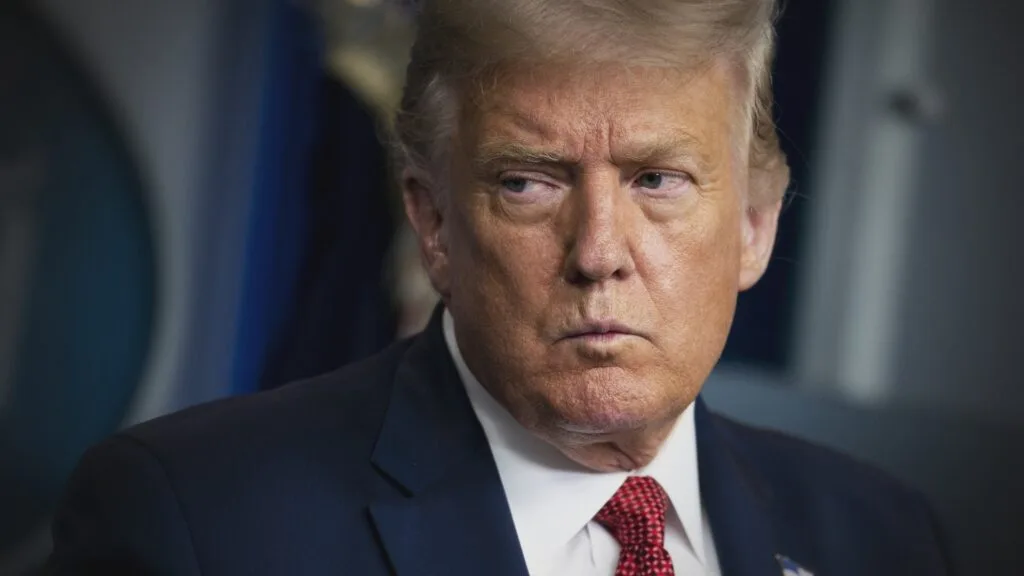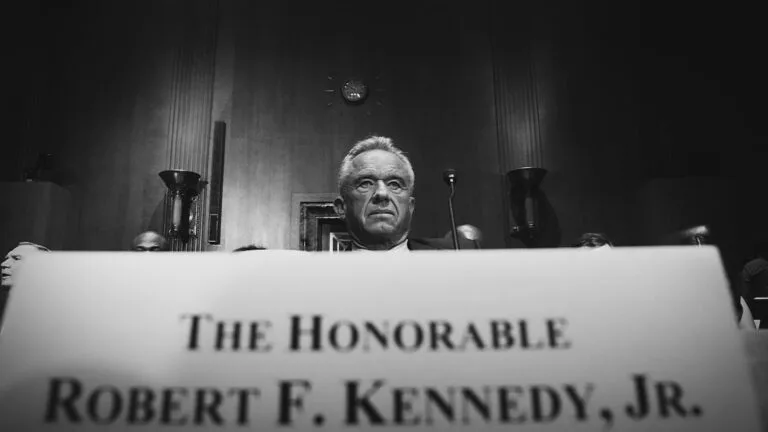Filmmakers Sought to Unearth the “Real” RFK Jr.
‘The Rise of RFK Jr.’ filmmakers explain how chronicling his life story through his own words and the accounts of those who know him well helped unpack Kennedy’s trajectory and growing influence.
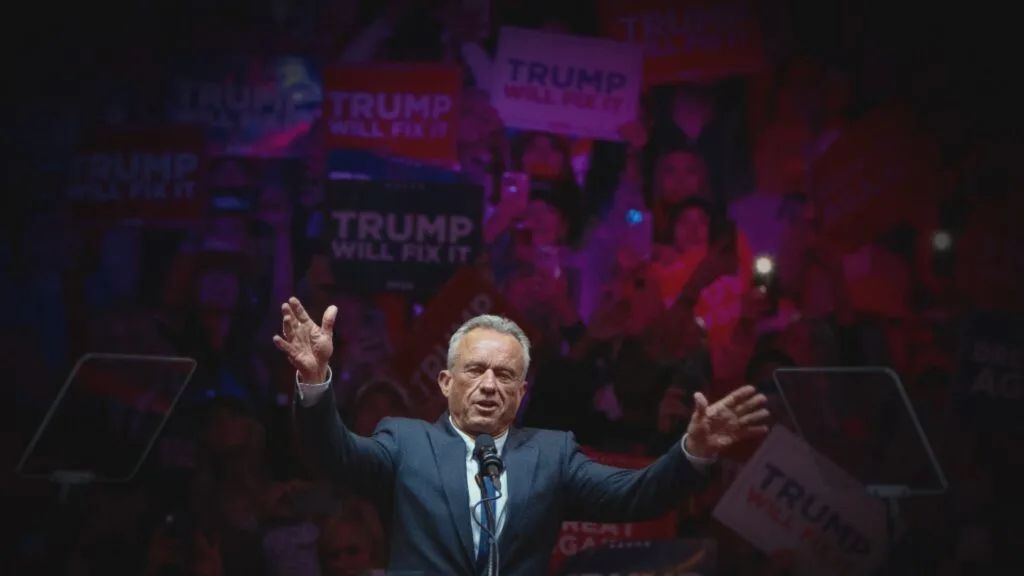
October 21, 2025
Share
Today, many Americans know Robert F. Kennedy Jr. as the secretary of Health and Human Services transforming public health at a rapid pace and a powerful player in President Donald Trump’s MAGA movement. But he was in the spotlight long before that, as a young scion of the famous Kennedy family and the son of Democratic Sen. Robert F. Kennedy, who was assassinated when RFK Jr. was 14 years old.
The Rise of RFK Jr., a new two-hour FRONTLINE documentary, traces his life from the tragic events of his childhood and problems with drug addiction in his young adulthood to his embrace of the anti-vaccine movement and conspiracy theories. The documentary also examines his unlikely alliance with Trump, his leading role in the “Make America Healthy Again” movement, and his impact, as HHS secretary, on the public health policy of the country.
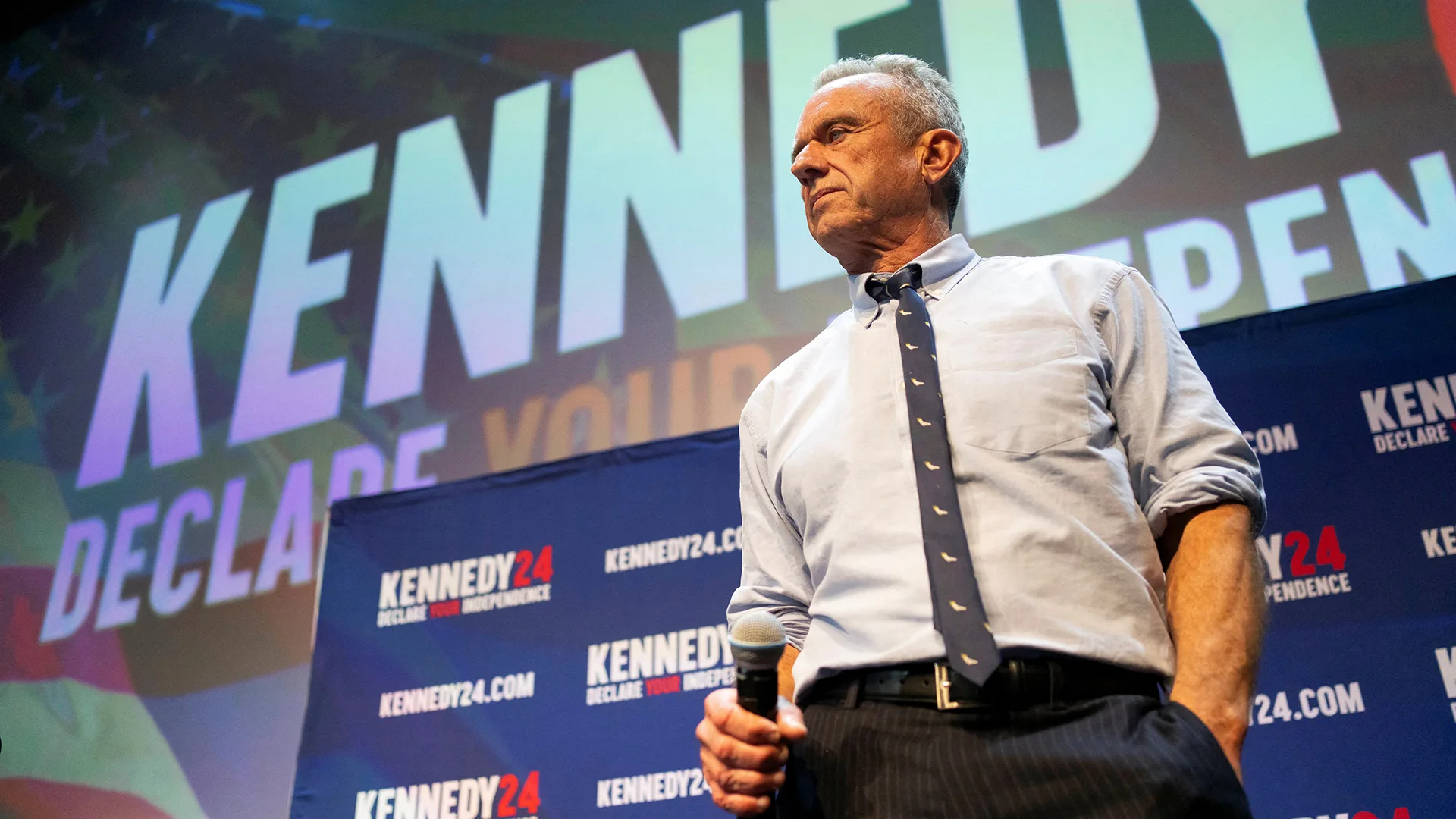
In conversation with FRONTLINE, director and producer Michael Kirk and producer Mike Wiser discussed their decision to make a documentary about RFK Jr., how they found a more complicated portrait of him than many in the public may know and what it took to convince both Kennedy’s critics and supporters to speak to them for this film.
This interview has been edited for length and clarity.
Your latest documentary, The Rise of RFK Jr., showcases a man repeatedly reinventing himself throughout his life, and eventually reaching his current position of secretary of Health and Human Services. What made you decide to make a documentary about Robert F. Kennedy Jr.?
Michael Kirk: He’s the most well-known member of the Trump government, with a storied and fascinating past. If you’re a certain age, he’s a Kennedy, which has all kinds of meaning to all kinds of age groups. He has an unbelievable backstory: The assassination of his uncle and his father when he was a young person ties in perfectly with our theory “show us the child and we’ll show you the adult.” If you tell the story of somebody’s past, especially somebody’s super traumatic past, it reveals an awful lot about a person who is himself very dramatic and traumatic. And he’s in charge of almost a couple trillion dollars of the federal budget and hundreds of millions of people’s well-being and life. How could you not do that story?
How familiar were you with Robert F. Kennedy Jr.’s life story and evolution and was there a moment in the making of this film that surprised you?
Mike Wiser: I knew of Robert F. Kennedy Jr. probably the way a lot of people do, which is about him being involved in vaccines. I knew his name, I knew a little bit about the history of the family. But as we got into the project, I was surprised about how much I didn’t know, which is surprising for somebody who’s been in the limelight since the day they were born. He represents a story that so many Americans feel like they know. But as we dug into the story, as we talked to his friends, as we talked to family, to people who knew him, it really revealed him to be a much more complicated person.
So, I guess if there’s anything that surprised me it’s how much I didn’t know about his story.
You’ve both covered U.S. politics and the White House through multiple administrations, including President Trump’s first term. Were there any new challenges in piecing together this story of a prominent Cabinet secretary?
Wiser: I think the challenge of the film was to get at, “Who is the real Bobby Kennedy?”
When you talk to people who know him and people who are around him, there tend to be two views of him. There’s one — among his close friends and people in the vaccine skeptic community — of the heroic figure who is up against all odds, pushing back for the truth, like his dad. On the other side are his critics who see him as somebody who’s disconnected from reality. With those two images that so many people already have, how can we help viewers to get a sense of who he is? And our job is to figure out, “How are those two different groups describing the same person?” We tried to reveal somebody who is more complicated than a lot of people think.
"And he's in charge of almost a couple trillion dollars of the federal budget and hundreds of millions of people's well-being and life. How could you not do that story?"
Kirk: The word “duality” emerged early in the interviews. We didn’t bring it up. We were interviewing somebody and he said “duality” and I remember circling it on my notepad as I was writing notes, thinking “Yeah, that’s it.” There is a kind of duality to the Bobby that Mike is describing. This is often true about almost everybody, but especially famous people — there’s the public and then, there is the private, and then, there’s the very, very private. The big challenge for the film is how to get to the very, very private. And to be able to do that — that stuff emerges after 90 minutes of interviewing someone.
The documentary features sources from Kennedy’s extended family, from his formative years, Kennedy supporters and critics and even insiders who recently left the CDC [Centers for Disease Control]. How were you able to get such a diverse set of sources to agree to speak with you?
Kirk: We have a team that has so many specialists who are thinkers. They’re an age group spanning from the mid-twenties to the mid-forties, to somebody old like me. They are curious. They are capable of getting people, convincing them to come on television. Mike also created an editorial process of building a narrative based on a tremendous amount of research.
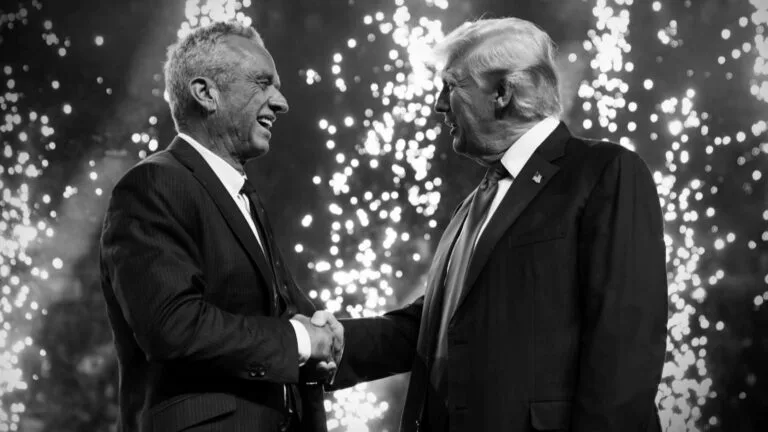
Wiser: At FRONTLINE, we have time to build those relationships, to earn trust, to get people in, to spend time during an interview and get them comfortable with speaking about things that might be very personal on camera. And it comes together in a film like this where you can see all of the different sides of somebody: people who are close to him, antagonistic towards him, and people who can also help you understand what it is you’re seeing, biographers and reporters who’ve covered him.
Were any sources skeptical about speaking with you, and what did you do to convince them?
Wiser: Part of our process is showing potential sources the types of films that we make. Our team has done many political films before and during the Trump era, and those films allow people to tell their own story and to be included in a way that is fair. They can see how we’re using our interviews and our style — which is not a gotcha style or to humiliate somebody. It’s to get them to tell us their perspective, how they understand the story, and where they’re coming from.
They may not agree with things that other people say in the film, they may not agree with the film overall, but it’s important to us to be fair to what they tell us in the interview.
Michael, in the past, you’ve remarked that you like to study the people surrounding the executive branch, because it helps give you a fuller picture of who’s in charge. What did taking a closer look at RFK Jr. reveal to both of you about the current administration?
Kirk: Bobby’s power is not dependent upon his access to Donald Trump. His power base is independent. His survival in the near term is dependent on Donald Trump, but the more his power base lives and the more he feeds that, the stronger he gets in terms of his ability to survive, whatever may come.
Wiser: One of the things that stands out about RFK Jr. is, he is really good at social media and the type of new media that Trump is good at and a lot of people from the beginning have wondered how long those two can coexist. RFK Jr. seems to have an understanding of Donald Trump and what it takes to survive in Trump’s world.
There are a handful of RFK Jr. quotes you include in the film, where it’s pure text on the screen. To me they read like epigraphs, setting the theme for a particular portion or chapter in RFK Jr.’s life. How did you find them and why did you decide to include them in the film?
Kirk: One of the great challenges of epic films is you need to condense time and space. To condense time and space in a way where the audience knows it’s still straightforward and journalistic, we decided to find phrases from his book, American Values, or things he wrote in that notorious diary. A lot of his words are out there, everywhere.
"So what we're trying to do is to help understand, “What is the big picture? What is going on behind all of these headlines? What is driving it? Who are the people behind it?"
We experimented with using AI voices to say those things, and one day we just turned the sound off, and I just watched the quotes as they went by. We thought it was a powerful pause. You stop and you say, oh, we’re going to a new place. But it’s a very intentional effort to bring Bobby into the movie.
There have been many headlines and developments since Kennedy took over as HHS secretary, including changes to vaccine recommendations and the resignations of high-ranking officials. What do you both hope people take away from this documentary that goes deeper than the headlines?
Wiser: In times like these where one headline eclipses the last, the response for many people is either to try to drink it all in, and be left wondering what is going on, or to simply tune it out and turn it off.
So what we’re trying to do is to help understand, “What is the big picture? What is going on behind all of these headlines? What is driving it? Who are the people behind it?”
So if you’re somebody who’s tuned it all out, the film gives you something that you wouldn’t have otherwise, which is context. The things that Robert F. Kennedy, Jr. is going to do as HHS secretary, the people he’s put in place, the policies he’s implemented, what he’s said about vaccines and science will have profound implications, not just for this administration, but going forward. It’s all important to understand where he’s coming from.
Kirk: Our job is the “How” and the “Why.” That’s really what we do. We have the advantage of time: Time to make things, time to research, time to interview people for two or three hours., We’re editing for weeks, months, and the time on the air. It’s a real commitment by PBS and by FRONTLINE, to give us that much time.
You’re a team that’s worked on many award-winning documentaries with epic scope before. Can you walk me through your collaborative process on this project and your roles?
Kirk: When Mike first joined he was an intern, but he brought a lot more than a typical intern brings in. Mike was smart and well-educated, but he also had a curious streak in him. The first time he saw a scene we’d got, he critiqued it in an intelligent way, so the partnership formed very quickly. Within years, we were collaborating on content, on the decisions about the film. I found somebody who can do what I can’t do, and don’t want to do.
I wouldn’t be sitting here still doing this at my age if I didn’t have the partnership Mike and I have had for a couple of decades now. One of the interesting things about doing journalism in this format, in a documentary, is that it isn’t just one person, it is a real partnership.
Wiser: The way we make films and the kinds of films we make changes. It’s not a static way of making films over those years, and it isn’t just Michael or me making the film, it really is a team effort.
Michael, in past interviews, you’ve described FRONTLINE as a “library of modern American history” and you’ve both seen the collection grow and added to it since the series’ inception in 1983. As media shifts and adapts to shorter formats, where do you both think long-form storytelling fits into the broader landscape?
Wiser: One of the things I don’t worry about is whether people will have the attention span to watch films like this, or whether there’s an appetite for it. Sure, there’s Instagram Reels and there’s TikTok, but there’s also a boom in people watching and listening to two hour podcasts where they’re diving deep into subjects. It’s a competitive media environment, even in that long-form format between podcasts and between something that’s more produced like FRONTLINE.
Kirk: People are hungry for unfiltered content, and if the filter is pretty obvious and the storytelling is pretty clear, and there’s enough time for us to develop and complicate and let other people in the film develop their arguments and their positions, that makes the story more interesting and real. And that’s certainly our goal for the two of us, and doing it at FRONTLINE is the place to do it.
We’re open-minded and interested in both sides. We love the idea of the struggle of ideas. The pursuit of truth over two hours is likely to yield more truth than in three minutes. I think it’s probably a form that will live on and on because it lives as true history.
Start 2026 Strong. Donate Today.
Because of everyone who donated in 2025, we can continue to tell bold, in-depth stories on issues impacting communities at home and around the world. Donate now to keep FRONTLINE’s work strong for all of 2026.
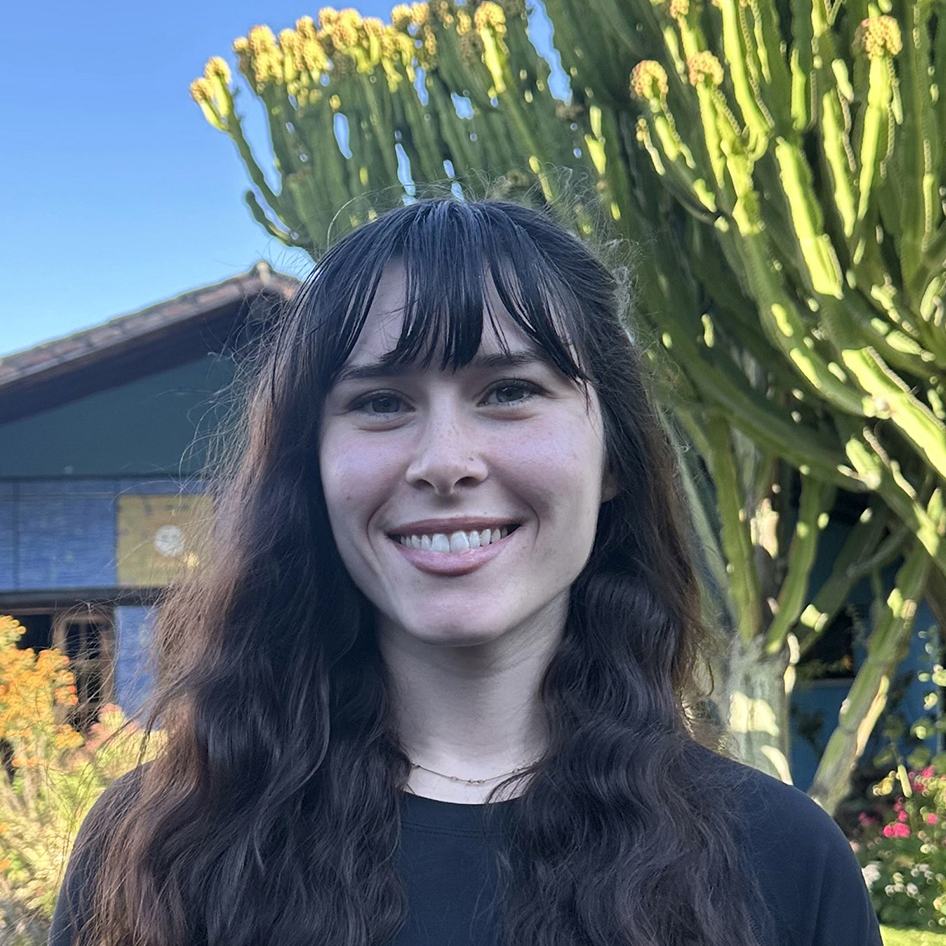
Email:
skye_lucas@wgbh.orgRelated Documentaries
Latest Documentaries
Related Stories
Related Stories
Explore
Policies
Teacher Center
Funding for FRONTLINE is provided through the support of PBS viewers and by the Corporation for Public Broadcasting, with major support from Ford Foundation. Additional funding is provided the Abrams Foundation, Park Foundation, John D. and Catherine T. MacArthur Foundation, Heising-Simons Foundation, and the FRONTLINE Trust, with major support from Jon and Jo Ann Hagler on behalf of the Jon L. Hagler Foundation, and additional support from Koo and Patricia Yuen. FRONTLINE is a registered trademark of WGBH Educational Foundation. Web Site Copyright ©1995-2025 WGBH Educational Foundation. PBS is a 501(c)(3) not-for-profit organization.




